The burst of energy seems to represent the event horizon of the supermassive black hole in M87 extending outwards, suggesting how black holes could “leak” energy.
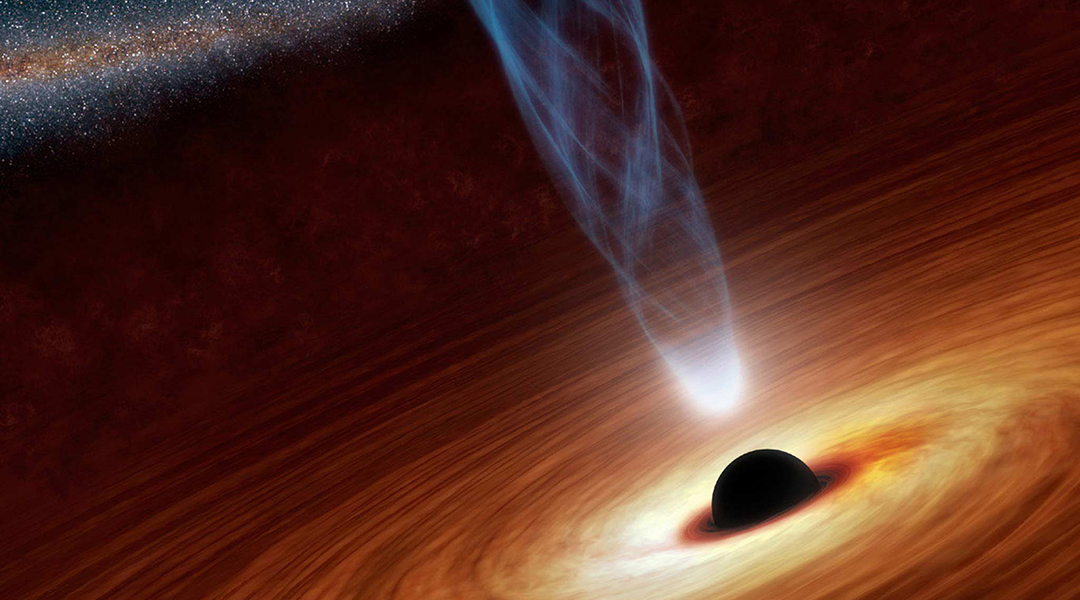

The burst of energy seems to represent the event horizon of the supermassive black hole in M87 extending outwards, suggesting how black holes could “leak” energy.
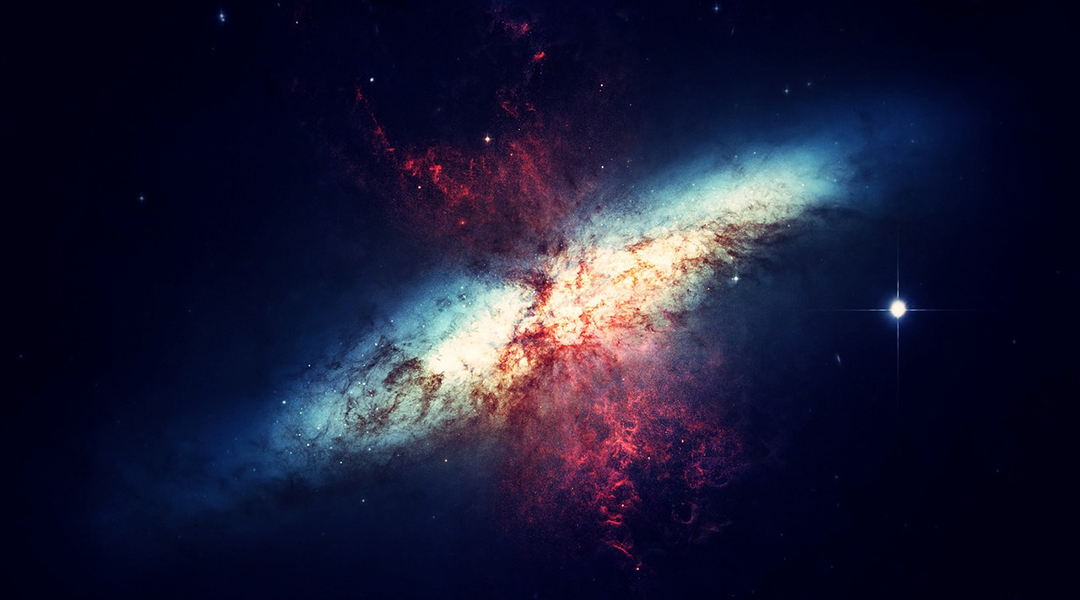
Previously unobserved frequency changes in radio signals detected in a black hole binary system could change our understanding of black hole physics.
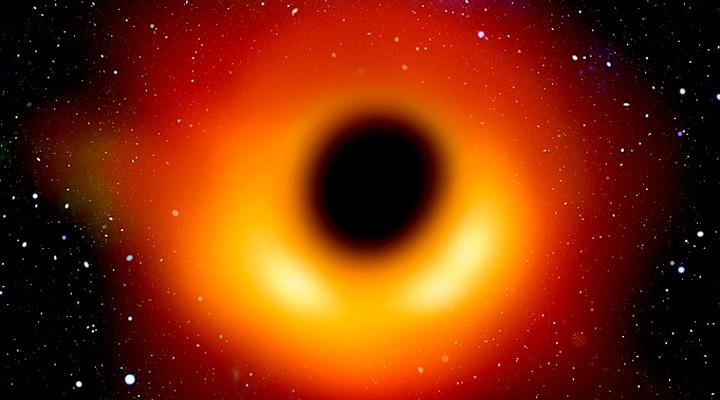
Finding the Universe’s first black holes with the help of Hawking radiation.
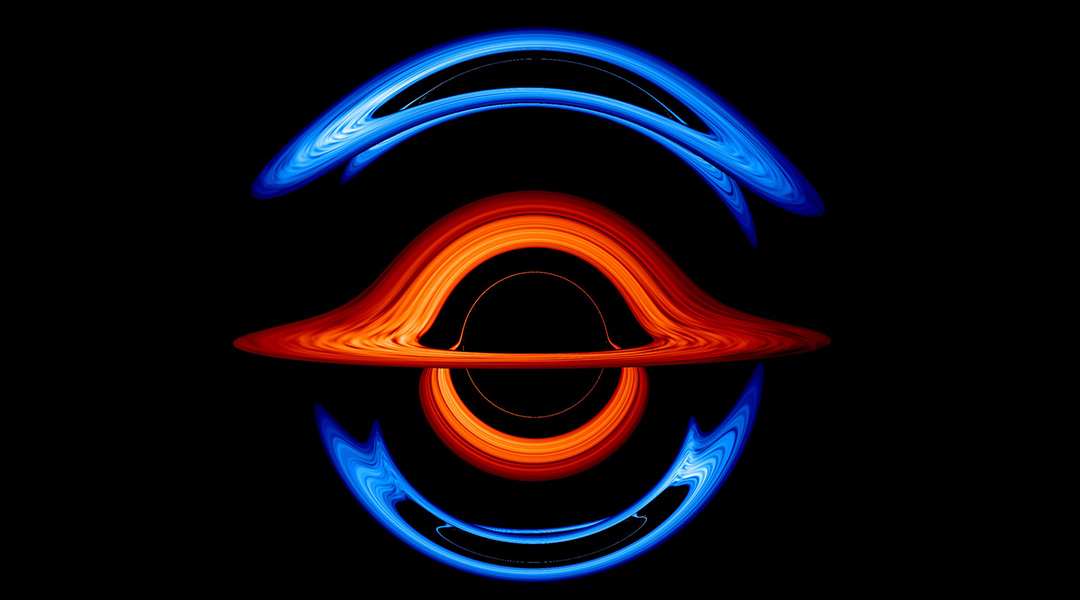
Merging pairs of black holes are thought to have originated from binary stars, but new observations indicate this might not always be true.
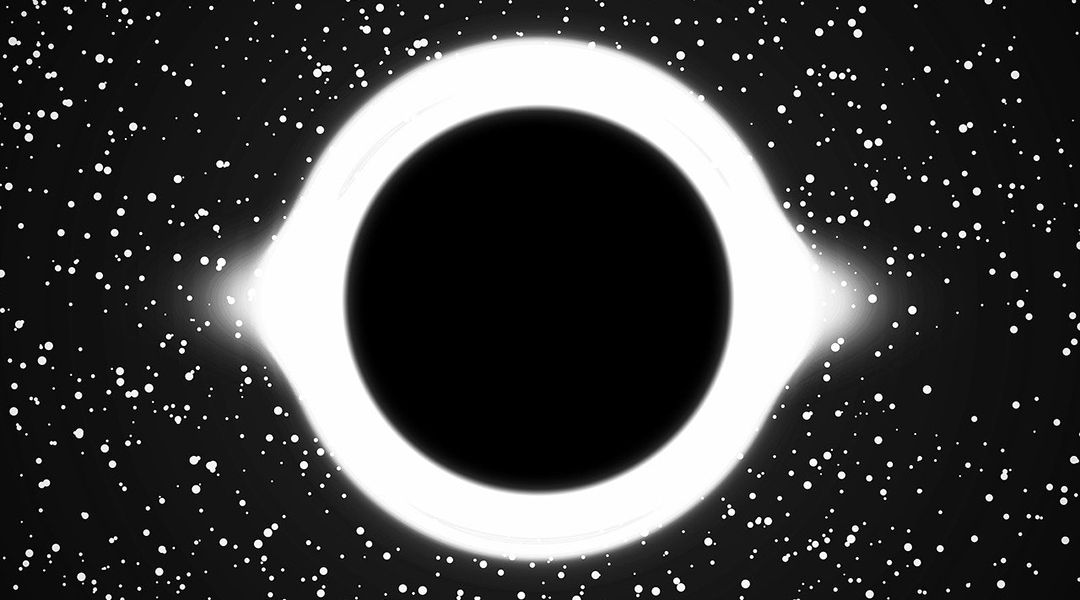
Oscillations measured in the orbits of a pair of black holes have once again helped confirm predictions made using general relativity.
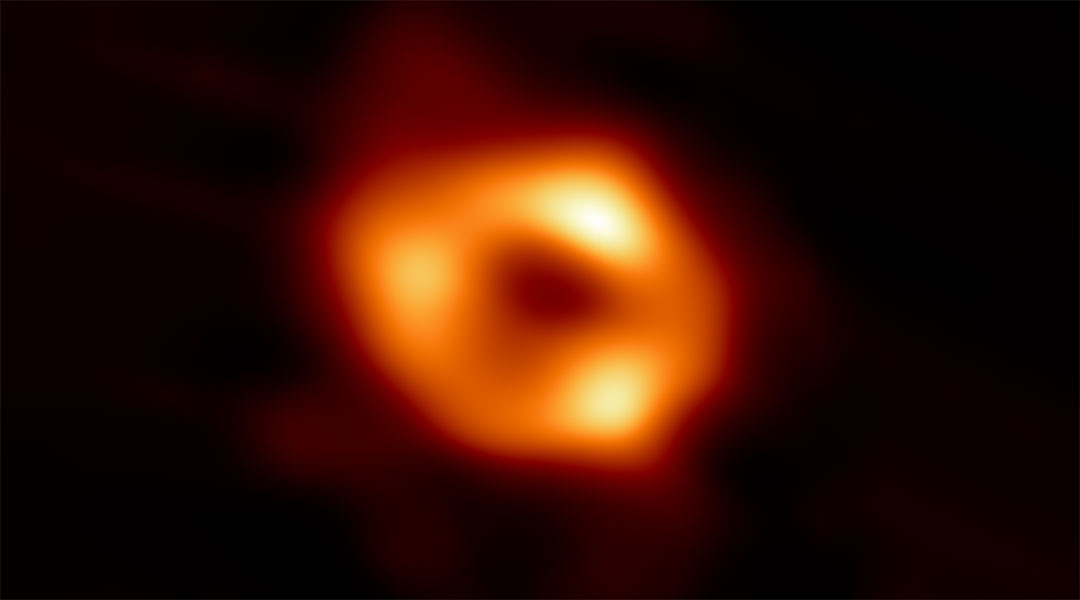
Imaging a black hole is not an easy thing, it takes years of experiments, collaborations, grants, planning, and no small amount of luck.

Glimpse into the notebooks of physicist John Wheeler, which capture his eclectic, crazy, and yet never one-dimensional ideas.
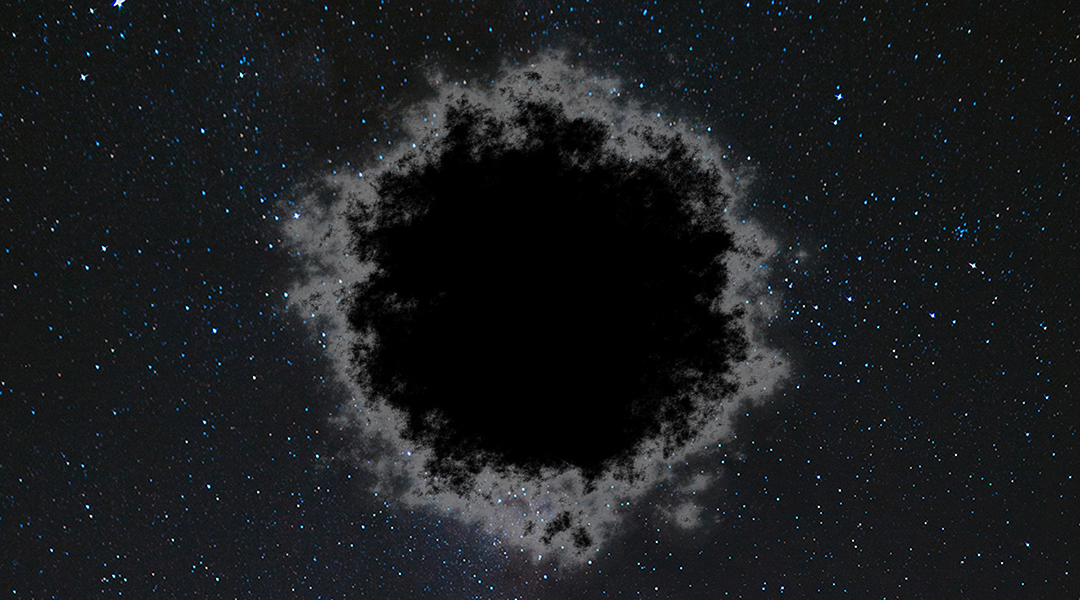
Scientists have turned to string theory to better understand black holes, proposing they can be modeled as “fuzzballs” made up of interacting strings.
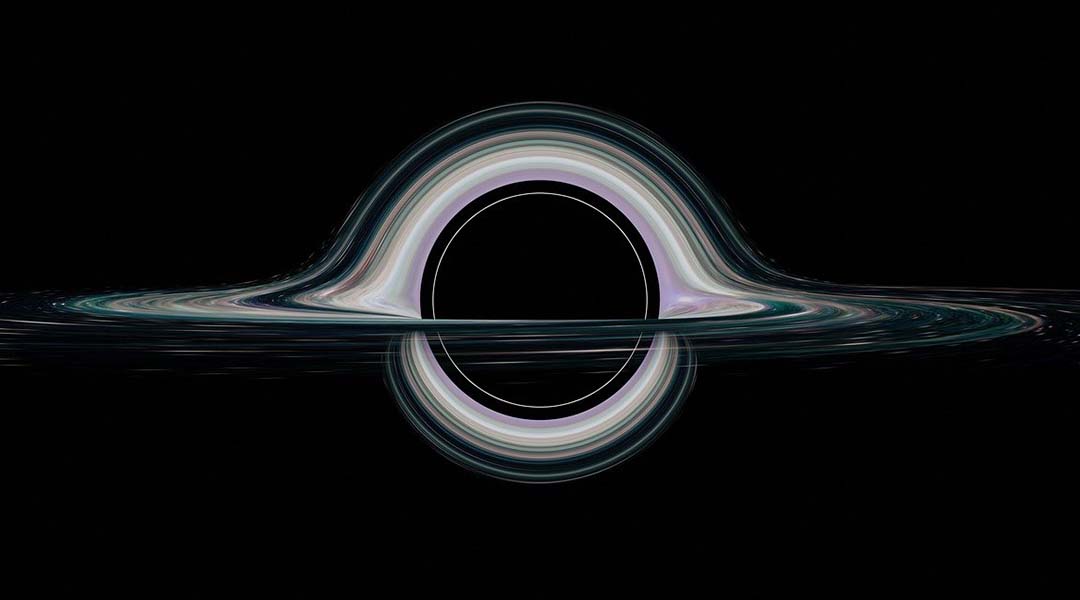
Physicists hope to detect asymmetry in spinning black holes using NASA’s LISA telescope to finally provide proof of quantum gravity.
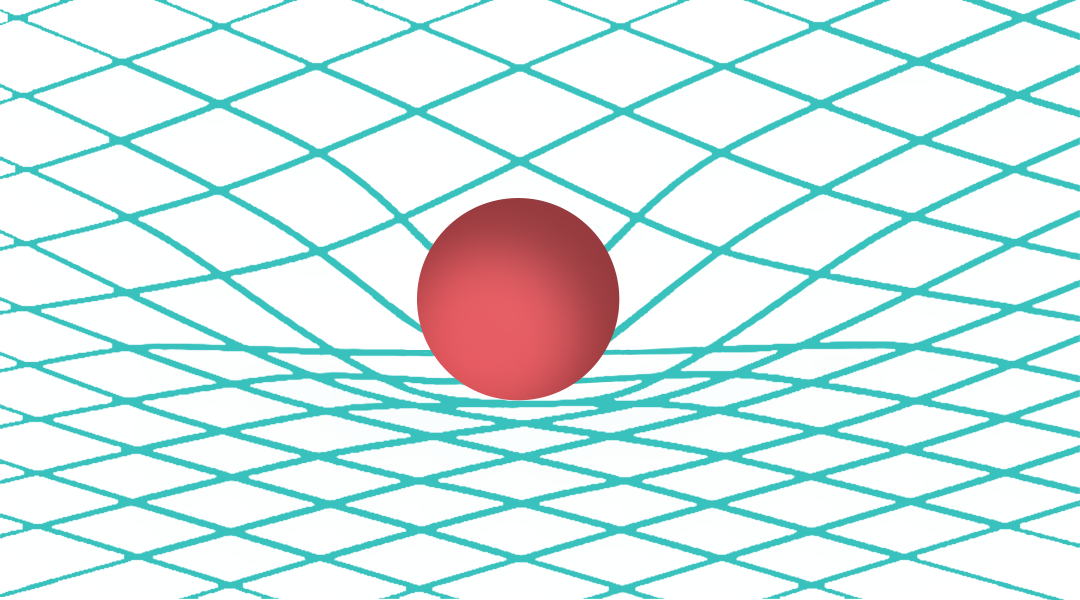
Regions of spacetime where gravity is so strong that nothing, not even light, can escape!